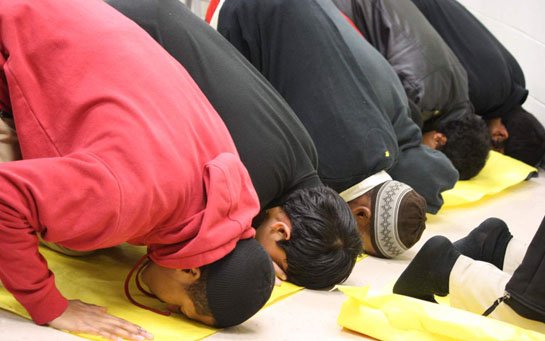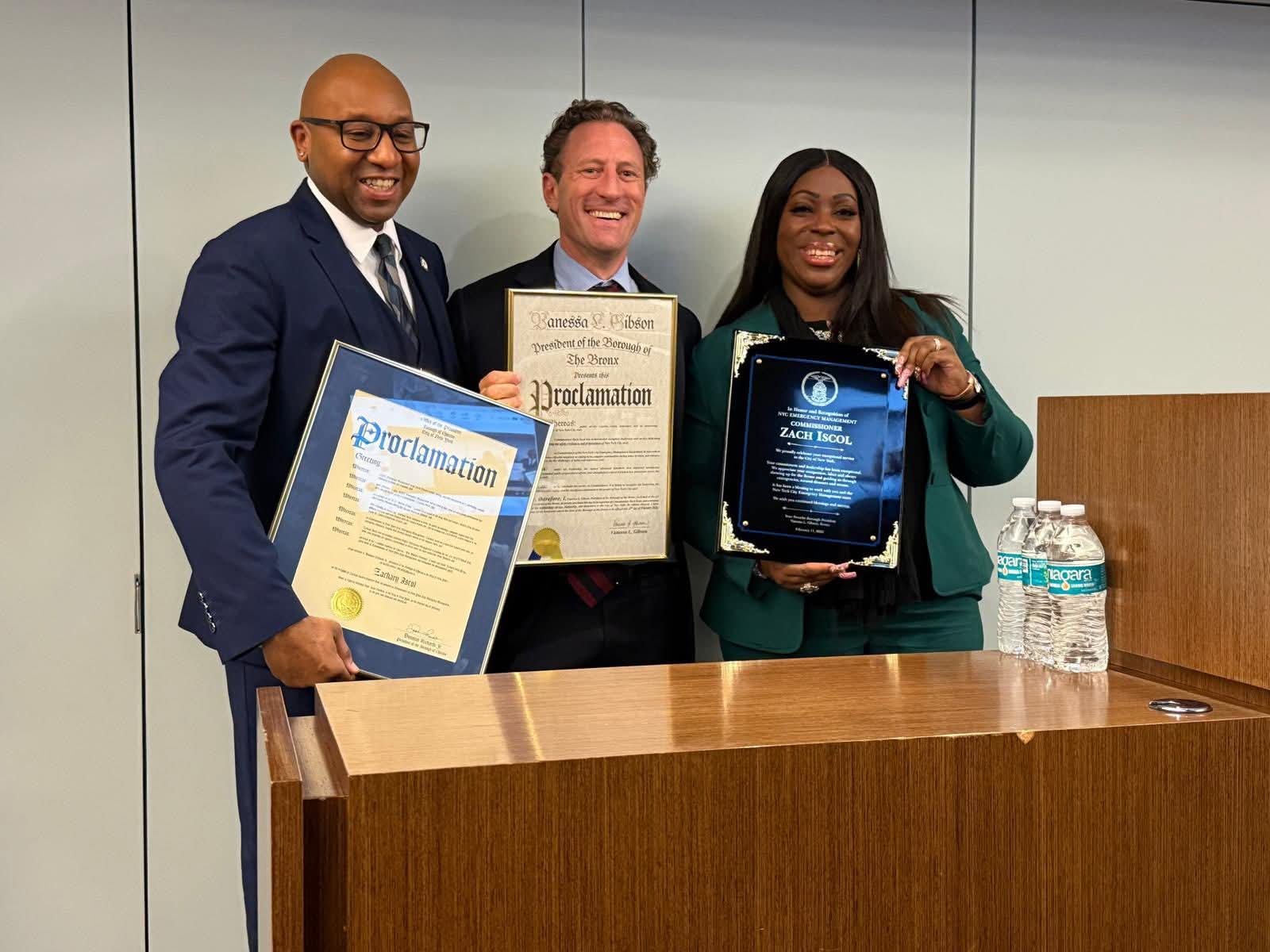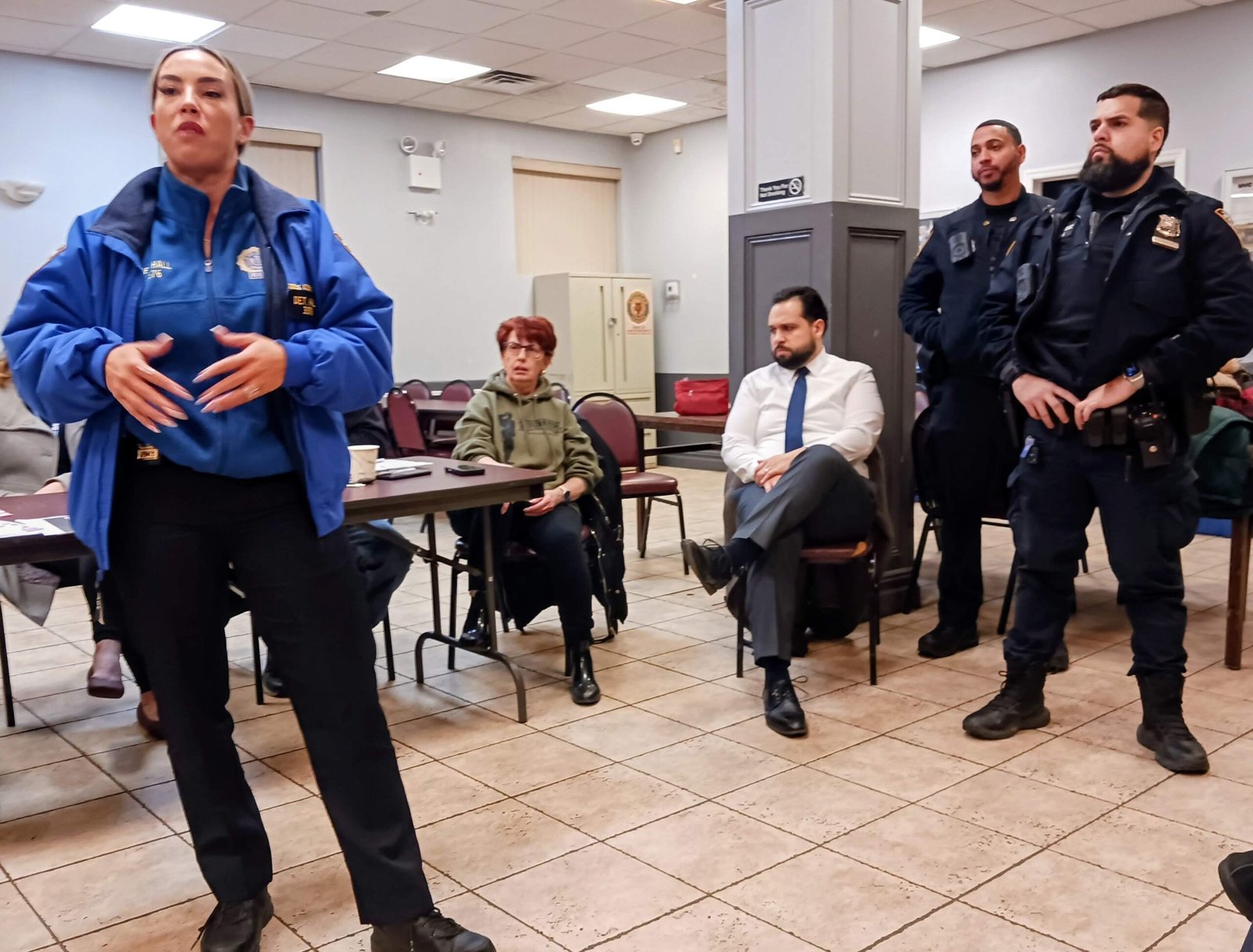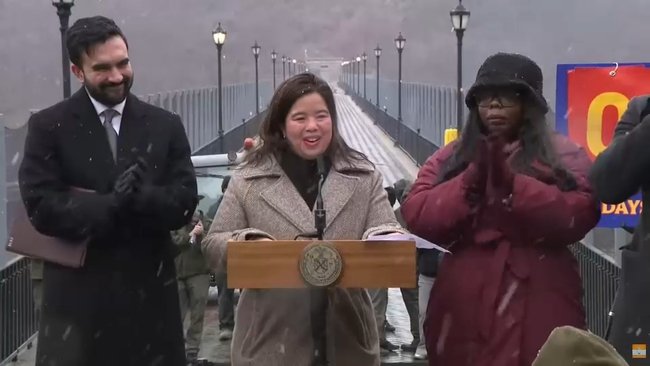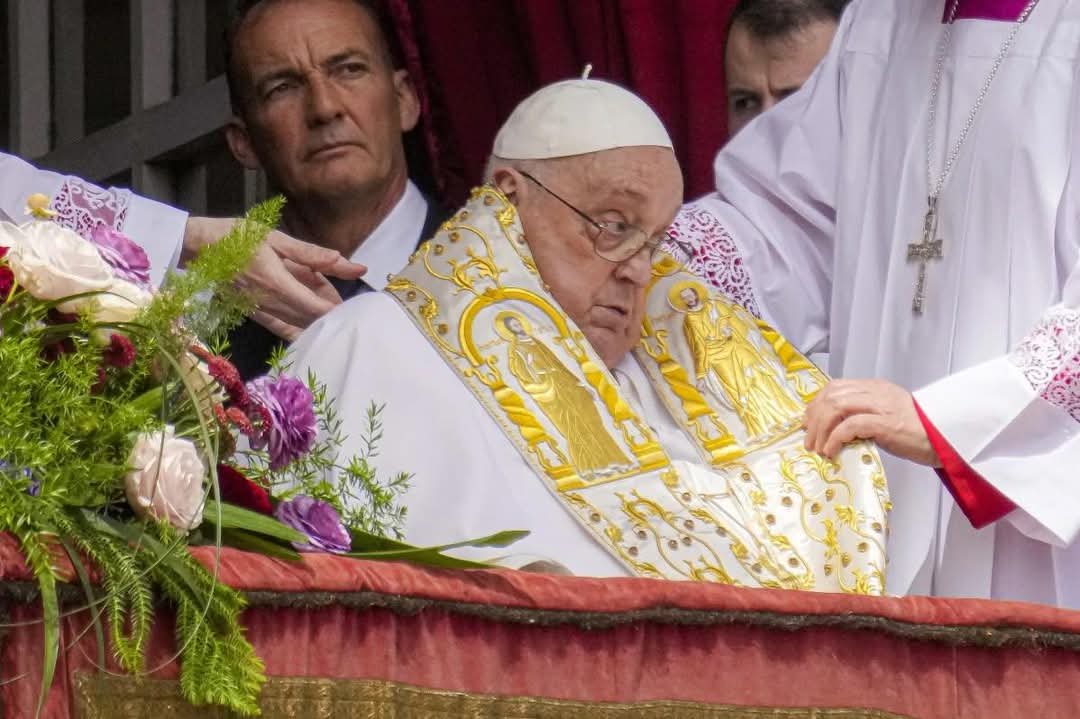
Pope Francis, the 266th leader of the Roman Catholic Church and the first pope from Latin America, died on Monday, April 21, 2025, at the age of 88. He passed away peacefully at his residence in Casa Santa Marta within the Vatican, the Holy See confirmed in an official statement.
Renowned for his humility and deep empathy for the poor and oppressed, Pope Francis became a moral voice not only for Catholics but also for people of various faiths around the world.
He called on leaders to care for the planet, welcome migrants, and uphold the dignity of every human life. His encyclicals, including Laudato Si’ on environmental care and Fratelli Tutti on human fraternity, shaped global conversations far beyond religious circles.
Rejecting papal opulence, Francis chose to reside in the modest Casa Santa Marta rather than the ornate Apostolic Palace, a symbol of his desire to live among the people he served. Often seen mingling with the poor, embracing the sick, and reaching out to prisoners, he brought the papacy closer to the everyday struggles of humanity.
In his later years, Pope Francis dealt with several health challenges but remained steadfast in his duties—traveling, writing, and speaking with conviction on issues of justice, mercy, and peace.
Tributes have begun to pour in from across the world, as religious leaders, heads of state, and ordinary citizens remember a pontiff who led with heart and sincerity. The Vatican has announced that funeral arrangements and the process to elect a new pope will be communicated in the coming days.
As bells toll across the globe, the world mourns not just the death of a pope, but the departure of a spiritual father whose legacy of compassion and courage will endure for generations to come.
Background: From Buenos Aires to the Vatican
Pope Francis was born Jorge Mario Bergoglio on December 17, 1936, in Buenos Aires, Argentina, to a family of Italian immigrants. He was the eldest of five children and grew up in a working-class neighborhood. Before entering religious life, he studied chemistry and worked as a chemical technician.
In 1958, he joined the Society of Jesus (Jesuits), known for its intellectual rigor and missionary commitment. He was ordained a priest in 1969, and by 1973, became the Provincial Superior of the Jesuits in Argentina during a period of political upheaval. He later served as Archbishop of Buenos Aires from 1998 to 2013, choosing a life of simplicity and pastoral closeness to the poor.
In 2001, he was made a Cardinal by Pope John Paul II. Known for his humility and quiet strength, he gained international respect for his deep spirituality and advocacy for social justice.
His election as pope on March 13, 2013, following the resignation of Pope Benedict XVI, marked several historic firsts: the first Jesuit pope, the first pope from Latin America, and the first non-European pope in over 1,200 years. He chose the name “Francis” in honor of St. Francis of Assisi, reflecting his mission to build a Church of peace, poverty, and care for creation.





